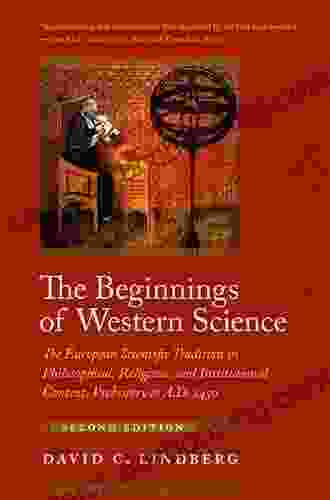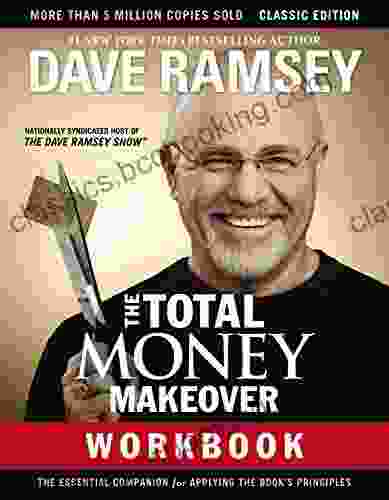Unveiling the Roots of Modern Science: A Journey Through "The Beginnings of Western Science"

In the tapestry of human knowledge, science stands as a beacon of progress, illuminating our understanding of the universe and our place within it. Yet, the origins of this transformative pursuit lie shrouded in the depths of time. "The Beginnings of Western Science," a seminal work by renowned historian of science David C. Lindberg, invites us on an enlightening journey to uncover the genesis of Western science.
Beginning with the fertile intellectual landscape of ancient Greece, Lindberg transports us to the vibrant city-states of Ionia, where the seeds of scientific inquiry were first sown. Here, amidst the bustling streets and bustling marketplaces, philosophers such as Pythagoras, Heraclitus, and Empedocles grappled with fundamental questions about the nature of reality.
4.6 out of 5
| Language | : | English |
| File size | : | 9590 KB |
| Text-to-Speech | : | Enabled |
| Screen Reader | : | Supported |
| Enhanced typesetting | : | Enabled |
| Word Wise | : | Enabled |
| Print length | : | 506 pages |
| Lending | : | Enabled |
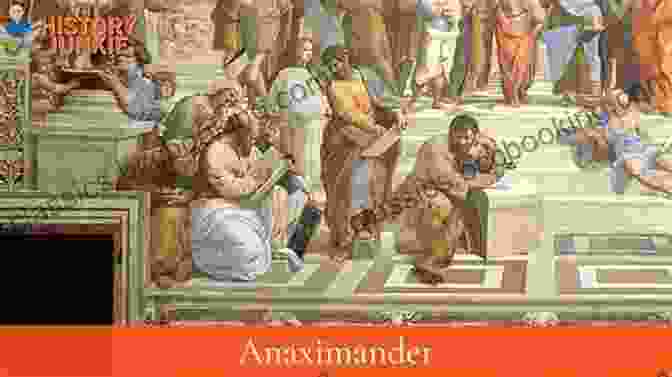
Pythagoras, with his emphasis on mathematical harmony, laid the groundwork for the quantitative approach that would become a hallmark of science. Heraclitus, with his concept of universal flux, challenged the notion of a static and unchanging world. Empedocles, proposing the theory of four elements (earth, air, fire, and water),provided a framework for understanding the composition of matter.
Moving forward in time, Lindberg delves into the golden age of science in ancient Athens, where the towering figure of Aristotle emerged. As a student of Plato and the inheritor of a rich intellectual tradition, Aristotle synthesized and systematized the knowledge of his predecessors, creating a comprehensive philosophical system that encompassed the natural world.
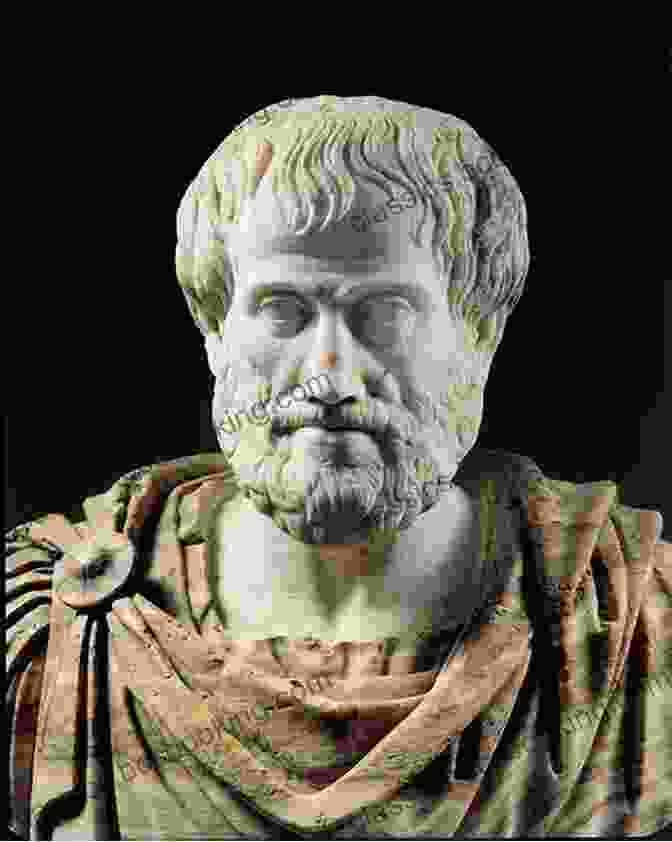
Aristotle's contributions to science were vast and varied. He developed a rigorous method of logical reasoning, known as syllogism, which became a cornerstone of scientific discourse. His work on physics, biology, and astronomy laid the foundations for future discoveries and paved the way for the scientific revolution.
As the center of Western civilization shifted to Alexandria in the Hellenistic Period, science continued to flourish under the patronage of the Ptolemaic dynasty. The renowned Library of Alexandria became a hub of learning, attracting scholars and scientists from far and wide.

Euclid, a Greek mathematician who lived in Alexandria, made significant advances in geometry, culminating in his seminal work "Elements." This text, a masterpiece of logical rigor, would become a foundational text in mathematics and science for centuries to come.
With the rise of the Roman Empire, science entered a period of relative decline. However, during the Middle Ages, the embers of scientific inquiry were kept alive in monasteries and universities, where scholars preserved and studied the works of ancient scientists.
The Renaissance marked a resurgence of interest in classical science, as scholars rediscovered and translated the works of Aristotle and other ancient philosophers. This revival of classical learning laid the groundwork for the Scientific Revolution of the 16th and 17th centuries.
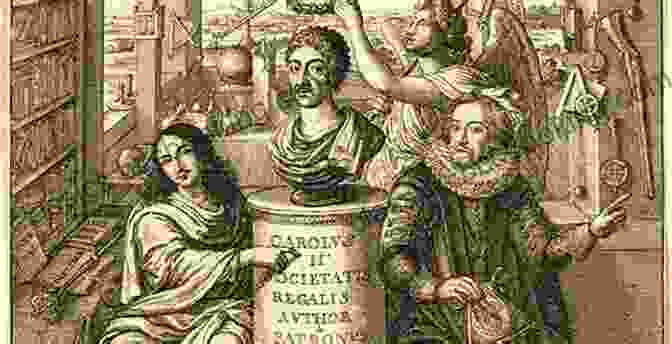
During this period, scientists such as Nicolaus Copernicus, Johannes Kepler, and Galileo Galilei challenged traditional beliefs and developed new theories that revolutionized our understanding of the universe. The Scientific Revolution ushered in an era of unprecedented scientific progress, setting the stage for the modern age of science.
David C. Lindberg's "The Beginnings of Western Science" is not merely a historical account of scientific discoveries; it is a profound exploration of the intellectual journey that has shaped our understanding of the world around us. Through meticulous research and engaging narrative, Lindberg invites us to witness the birth of scientific thought, its struggles, triumphs, and enduring legacy.
Whether you are a student of science, a history enthusiast, or simply someone with a thirst for knowledge, "The Beginnings of Western Science" is an essential read. It is a book that will transport you to the forefront of human inquiry, where the seeds of modern science were first sown.
As you delve into the pages of this seminal work, you will not only gain a deeper appreciation for the history of science but also a renewed sense of wonder and awe at the boundless capacity of the human mind to unravel the mysteries of the universe.
4.6 out of 5
| Language | : | English |
| File size | : | 9590 KB |
| Text-to-Speech | : | Enabled |
| Screen Reader | : | Supported |
| Enhanced typesetting | : | Enabled |
| Word Wise | : | Enabled |
| Print length | : | 506 pages |
| Lending | : | Enabled |
Do you want to contribute by writing guest posts on this blog?
Please contact us and send us a resume of previous articles that you have written.
 Book
Book Novel
Novel Page
Page Chapter
Chapter Text
Text Story
Story Genre
Genre Reader
Reader Library
Library Paperback
Paperback E-book
E-book Magazine
Magazine Newspaper
Newspaper Paragraph
Paragraph Sentence
Sentence Bookmark
Bookmark Shelf
Shelf Glossary
Glossary Bibliography
Bibliography Foreword
Foreword Preface
Preface Synopsis
Synopsis Annotation
Annotation Footnote
Footnote Manuscript
Manuscript Scroll
Scroll Codex
Codex Tome
Tome Bestseller
Bestseller Classics
Classics Library card
Library card Narrative
Narrative Biography
Biography Autobiography
Autobiography Memoir
Memoir Reference
Reference Encyclopedia
Encyclopedia David Bouchard
David Bouchard David Clark
David Clark David A Wells
David A Wells David Blacklock
David Blacklock David R Cook
David R Cook David Brock Katz
David Brock Katz David O Stewart
David O Stewart Deborah Garland
Deborah Garland Danielle Roberts
Danielle Roberts David Shinar
David Shinar David Sax
David Sax David S Reynolds
David S Reynolds Daniel Pierce
Daniel Pierce Dave Brosha
Dave Brosha David Sowell
David Sowell David P Wagner
David P Wagner David Milgrim
David Milgrim Danny Wuerffel
Danny Wuerffel David Leiser
David Leiser David Cockburn
David Cockburn
Light bulbAdvertise smarter! Our strategic ad space ensures maximum exposure. Reserve your spot today!

 Hank MitchellPlan Unforgettable Family Vacations: The Ultimate Guide to Traveling with...
Hank MitchellPlan Unforgettable Family Vacations: The Ultimate Guide to Traveling with... Cole PowellFollow ·10.5k
Cole PowellFollow ·10.5k Gerald ParkerFollow ·7.8k
Gerald ParkerFollow ·7.8k Jorge Luis BorgesFollow ·4.9k
Jorge Luis BorgesFollow ·4.9k Liam WardFollow ·3.3k
Liam WardFollow ·3.3k Derek CookFollow ·8.6k
Derek CookFollow ·8.6k Ernest J. GainesFollow ·5.9k
Ernest J. GainesFollow ·5.9k Darrell PowellFollow ·12.6k
Darrell PowellFollow ·12.6k Ernest HemingwayFollow ·4.4k
Ernest HemingwayFollow ·4.4k
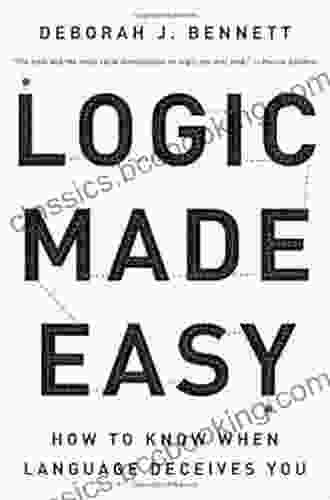
 Cameron Reed
Cameron ReedHow to Know When Language Deceives You
Unmasking the Power of...

 Robbie Carter
Robbie Carter50 Things To Know About Planning Home Schooling...
: The Power of Hands-On Learning Embarking...
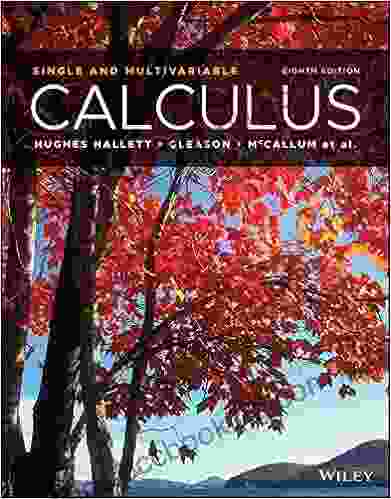
 Julio Cortázar
Julio CortázarCalculus: Single and Multivariable, 8th Edition — The...
Calculus is the...

 Jaime Mitchell
Jaime MitchellBunnicula and Friends: A Spooktacular Tale of Mystery and...
In the quaint little town of Celeryville,...

 Josh Carter
Josh CarterPeppa Easter Egg Hunt: Join Peppa Pig on an...
Get ready for...
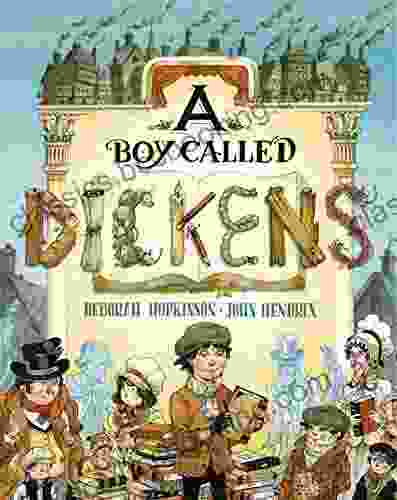
 Donovan Carter
Donovan CarterBoy Called Dickens: A Journey into the Childhood of a...
Delving into the...
4.6 out of 5
| Language | : | English |
| File size | : | 9590 KB |
| Text-to-Speech | : | Enabled |
| Screen Reader | : | Supported |
| Enhanced typesetting | : | Enabled |
| Word Wise | : | Enabled |
| Print length | : | 506 pages |
| Lending | : | Enabled |


